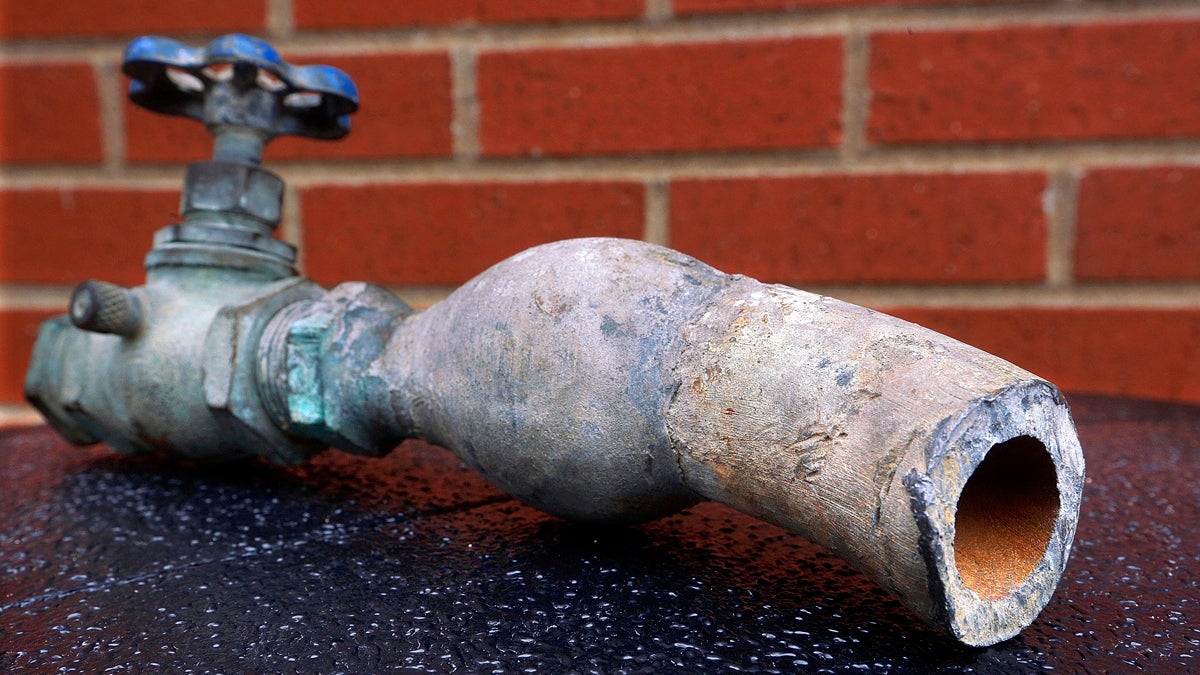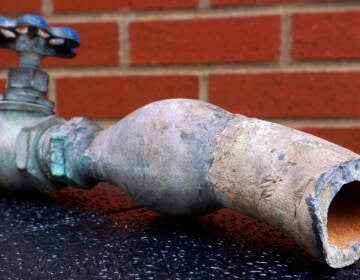Lewes residents alerted about elevated lead levels in tapwater
The public should be mindful — but health concerns are minimal.

Lewes residents have been alerted about elevated lead levels in their drinking water. (WHYY file)
Residents of the Delaware beach town of Lewes have been alerted about their drinking water after tests conducted by the city’s Board of Public Works demonstrated elevated levels of lead.
Jamie Mack, Health Systems Protection Chief for the state’s Division of Public Health, said the public should be mindful — but that health concerns are minimal.
“The risk in this situation is very low,” he said.
“The primary thing we want to do is make people aware what’s going on. We’re not anticipating seeing any significant health affects based on these levels. We’re actively working with the utility to make sure they’re doing everything they can to ensure water quality isn’t contributing to the issue.”
Mack said the division is not aware how long the lead levels have been elevated.
State public health officials are working with Lewes authorities to conduct more sampling and pinpoint a cause of the issue. However, both agencies believe the problem is caused by lead service pipes in older homes and buildings — not an environmental contamination.
Lewes will also test water in schools prior to next week, as well as Beebe Healthcare and a long-term care facility served by the utility’s system.
While state officials believe health risks are low, exposure to high levels of lead in tap water can impact the kidneys, nervous system and other body systems. Lead can also impact the intellectual and physical development of children. Anyone concerned about exposure to lead should talk to their doctor about a blood lead test, Mack said.
The states urges customers who are concerned about lead in their plumbing to run water 30 seconds prior to use, use cold water instead of hot and consider bottled water as an alternative source.
Bathing and showering should be safe, because human skin does not absorb lead in water, Mack said.
Residents who are concerned their plumbing may contain lead should have their water tested. Mack urged homeowners to ensure testing takes place through an EPA-drinking-water-certified laboratory.
To find one, call the Safe Drinking Water Hotline at 800-426-4791 or visit www.epa.gov/safewater/labs.
WHYY is your source for fact-based, in-depth journalism and information. As a nonprofit organization, we rely on financial support from readers like you. Please give today.





